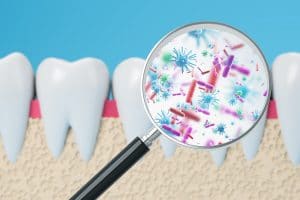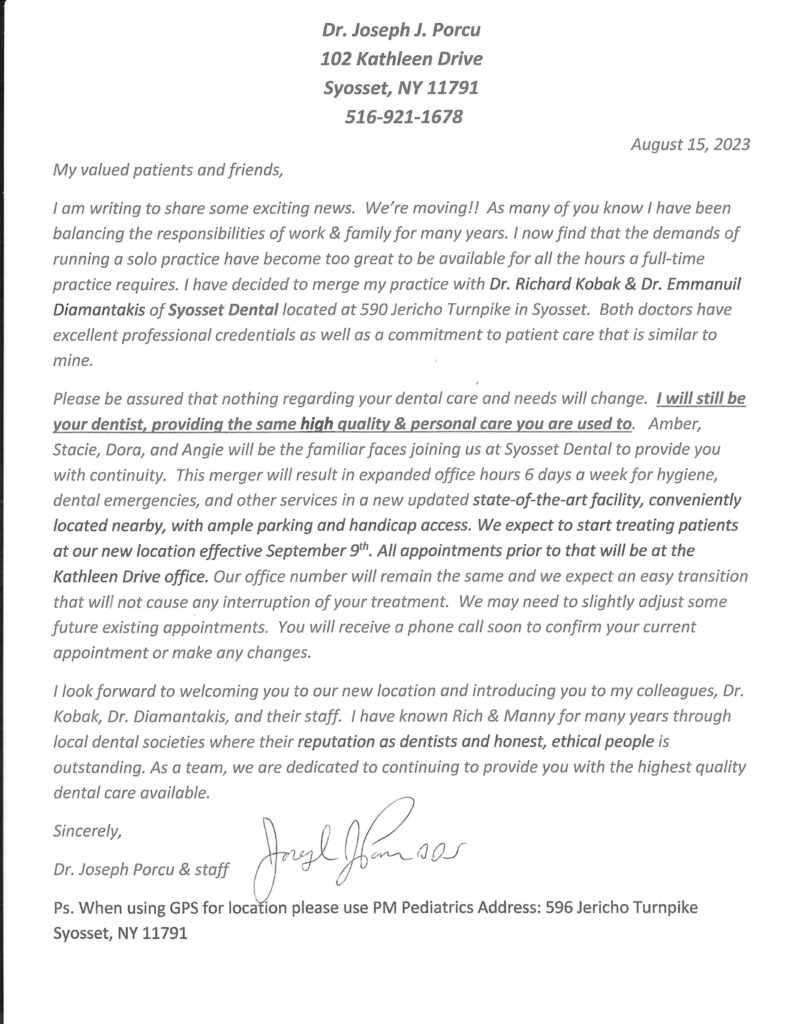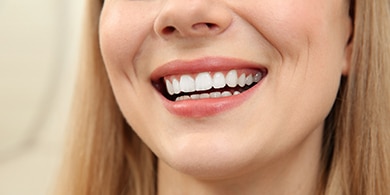 Most people recognize the term, dental plaque, and the fact that it’s something they shouldn’t allow to remain on their teeth for long. However, not everyone realizes the specific threats that plaque buildup can pose to their smiles, or how those threats can manifest long before they realize it. As the basis for many of the most common oral health concerns, including destructive tooth decay and severe periodontal (gum) disease, plaque buildup is one of the most consistent threats your smile faces.
Most people recognize the term, dental plaque, and the fact that it’s something they shouldn’t allow to remain on their teeth for long. However, not everyone realizes the specific threats that plaque buildup can pose to their smiles, or how those threats can manifest long before they realize it. As the basis for many of the most common oral health concerns, including destructive tooth decay and severe periodontal (gum) disease, plaque buildup is one of the most consistent threats your smile faces.
What it consists of
What makes plaque such a threat to your smile is mainly the different kinds of bacteria that it’s made from. The hundreds of different kinds of bacteria that inhabit your mouth have a tendency to accumulate, creating the sticky biofilm known as plaque on the surfaces of your teeth. Not all of these bacteria are harmful to your oral health, but some can metabolize nutrients, like sugar and other carbs, and turn them into acids, toxins, and other harmful substances. These can directly erode the protective enamel around your teeth and leave them vulnerable to decay, or irritate and infect your gum tissues, leading to the development of gum disease.
How often it builds up
The bacteria that make up dental plaque are the source of why the biofilm is such a threat to your smile. However, the frequency with which plaque develops on your teeth is what makes the threat so consistent. Oral bacteria are active all day, every day, and plaque can gradually build up on the surfaces of your teeth constantly. Fortunately, healthy teeth are strong enough to protect themselves from minor buildup, but keeping them healthy requires brushing the plaque off your teeth at least twice a day and flossing between them at least once.
How quickly it calcifies
If you allow plaque to buildup on your teeth excessively, the feeling and appearance of it alone can become uncomfortable. However, the threat of excess plaque is more serious than you might realize. Not only does plaque develop consistently, but given enough time, it will also calcify (harden) into tartar. Once it does, the calcified film won’t respond to toothpaste and water, increasing the threat to your smile and oral health until you attend a professional dental cleaning. It doesn’t take long for plaque to calcify, which is why it’s essential to never skip brushing and flossing your teeth each day.
Protect your smile from plaque buildup
Preventing plaque buildup can seem simple, but it’s also one of the most important goals of your dental hygiene routine. For more information, contact our office by calling Syosset Dental in Syosset, NY, today at 516-433-2211 or 516-921-1678.











